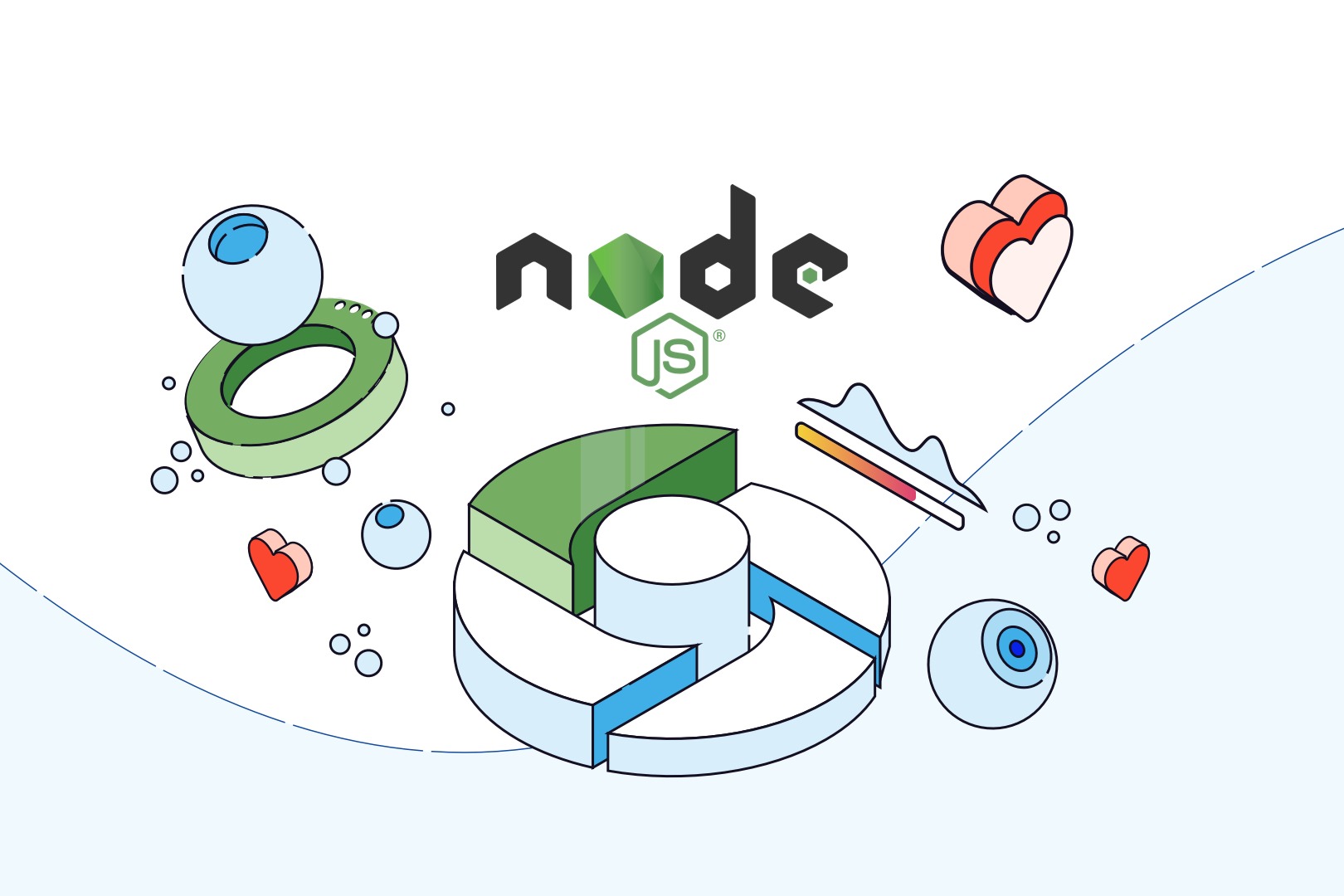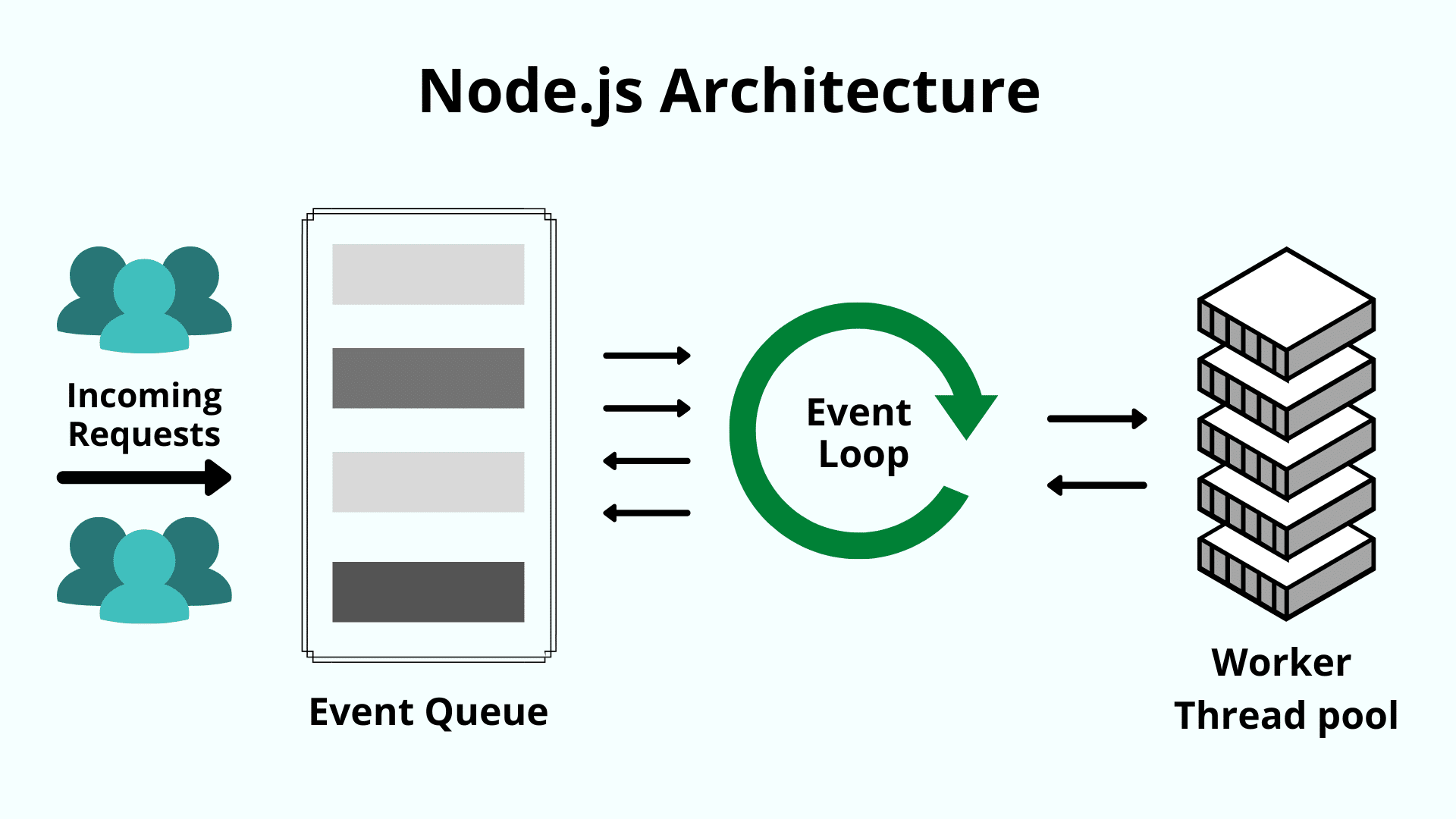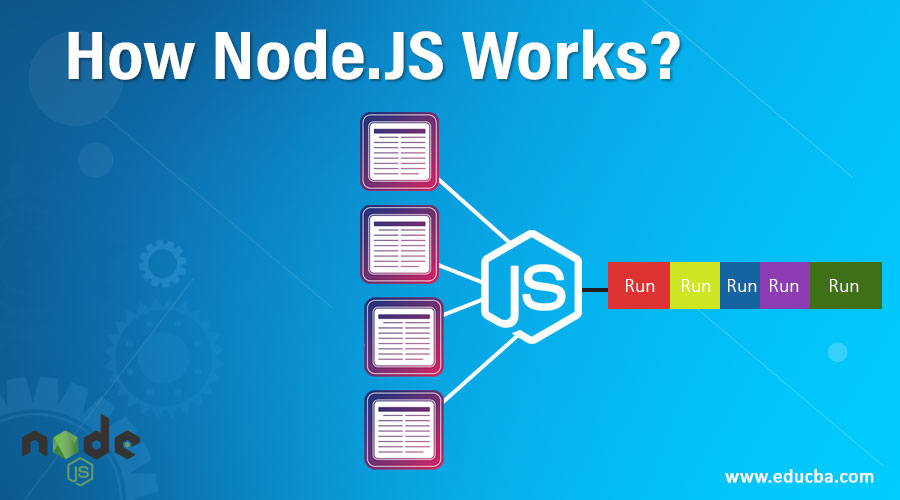Fun Info About What Is Node And Why It Used

Understanding Nodes
1. What Exactly is a Node, Anyway?
Okay, let's break down what a "node" really is. Think of it like a tiny, super-powered Lego brick. On its own, it might not seem like much, but when you connect it to other Lego bricks (nodes), you can build amazing things! In the tech world, a node is a fundamental unit within a network, a system, or even a data structure. Its a point where things connect, interact, or are stored. So, it's not just a fancy tech term; it's a concept that underpins a lot of how our digital world functions. The term 'node' is primarily a noun.
Imagine a family tree. Each person in the tree is a node. Theyre connected to their parents, their siblings, and their children. Each connection represents a relationship and a flow of information (or, you know, family gossip!). Similarly, in a computer network, each computer, printer, or server is a node. They're all connected, sharing data and resources.
Now, to complicate things slightly, the exact definition of a node can change depending on the context. In some situations, it might refer to a physical piece of hardware. In others, it might be a software process or a virtual entity. But the core idea remains the same: it's a point of connection and interaction.
Different types of nodes exist depending on the context, you might encounter nodes in computer networks (servers, routers, workstations), blockchain networks (individual computers validating transactions), data structures (elements in a linked list or tree), and even in distributed systems (individual computers contributing to a larger computing task). The common thread across all these is their role as a fundamental unit of connection and operation within a larger system.

Why Use Node.js? 7 Examples Of Popular Node.js Apps
Why Are Nodes So Important? The Power of Connection!
2. The Importance of Connection
Why bother with all these nodes? Well, it all boils down to the power of connection! By linking individual units together, we can create complex systems that are far more powerful than the sum of their parts. Think of the internet. It's a giant network of nodes (computers, servers, routers) all connected, allowing us to access information, communicate with each other, and share resources on a global scale. Without nodes, the internet simply wouldn't exist! And, let's be honest, who could live without cat videos?
One of the biggest benefits of using a node-based architecture is scalability. Need to handle more traffic on your website? Simply add more servers (nodes) to the network. Want to expand your blockchain network? Just add more computers to validate transactions. The ability to easily scale up or down is crucial in today's rapidly changing digital landscape.
Another key advantage is resilience. If one node in a network fails, the other nodes can continue to operate, ensuring that the system as a whole remains functional. This is particularly important for critical infrastructure, such as power grids and communication networks. Redundancy built in! That's the core benefit of using nodes.
Nodes also facilitate distributed processing. Instead of relying on a single, powerful computer to handle all the processing, tasks can be distributed across multiple nodes in a network. This can significantly improve performance and efficiency, especially for complex calculations and data analysis.

What Are Nodes And Links In Computer Network At Adeline Moore Blog
Nodes in Action
3. Nodes in Everyday Life
Okay, so we've talked about the theory behind nodes, but how do they actually work in the real world? Let's look at a few examples. Think about your Wi-Fi network at home. Your router is a node, connecting all your devices (laptops, smartphones, tablets) to the internet. Each of those devices is also a node on the network. They're all communicating with each other through the router.
Consider a social media platform like Facebook or Twitter. Each user account is a node, connected to other users through friendships, followers, and groups. These connections form a complex social network, allowing information and ideas to spread rapidly.
Let's talk about blockchain. Each computer participating in the blockchain network is a node. These nodes work together to validate transactions and maintain a secure and transparent record of all activity on the blockchain. This distributed and decentralized approach is what makes blockchain technology so revolutionary.
Even in scientific research, nodes play a crucial role. Scientists often use distributed computing networks to analyze massive datasets, simulate complex systems, and conduct groundbreaking research. These networks can consist of hundreds or even thousands of nodes, working together to solve some of the world's most challenging problems.

14+ Cloudflare Node Js Tutorial Retriever Owner Knows
Different Types of Nodes and Their Applications
4. Exploring Node Varieties
While the fundamental concept of a node remains the same, the specific type of node and its application can vary widely. In computer networking, you'll find server nodes, client nodes, router nodes, and more, each with its own specialized function. Server nodes provide resources and services to other nodes on the network, while client nodes access those resources. Router nodes forward data packets between different networks.
In blockchain technology, you'll encounter full nodes, light nodes, and mining nodes. Full nodes maintain a complete copy of the blockchain and validate transactions. Light nodes only store a subset of the blockchain data and rely on full nodes for validation. Mining nodes are responsible for creating new blocks on the blockchain through a process called mining.
In data structures, nodes are used to build linked lists, trees, and graphs. Each node in a linked list contains a data element and a pointer to the next node in the list. Trees are hierarchical data structures where each node has a parent node and zero or more child nodes. Graphs are more general data structures that allow for arbitrary connections between nodes.
The selection of node type depends heavily on the specific problem being solved, different architectures are designed to fit specific tasks. Thinking about the architecture first is a key step to deploying nodes efficiently. So, thinking about all the possible advantages and disadvantages before implementation is a key.

What Is Node Js A Brief Introduction To How W Vrogue.co
Why Should You Care About Nodes?
5. Why Should I Bother Knowing This?
You might be thinking, "Okay, that's all interesting, but why should I care about nodes?" Well, even if you're not a computer scientist or a network engineer, understanding the concept of nodes can help you better understand the world around you. It can give you a deeper appreciation for how the internet works, how social media platforms connect people, and how blockchain technology is revolutionizing industries.
In today's digital age, networks are everywhere. Understanding how these networks are structured and how they function is becoming increasingly important. Whether you're a business owner, a student, or simply a curious individual, having a basic understanding of nodes can help you navigate the complexities of the modern world.
Also, if you're interested in pursuing a career in technology, understanding nodes is essential. Many areas of computer science, software engineering, and network administration rely heavily on node-based architectures. So, learning about nodes can open up a wide range of career opportunities.
Finally, nodes are just plain cool! They're a fundamental building block of the digital world, and understanding them can give you a sense of empowerment and control over your technology. So, embrace the power of nodes, and you might just surprise yourself with what you can create!

PPT What Is Node.js And Why You Should Use It For Enterprise Software
FAQ About Nodes
6. Your Burning Questions Answered
Still a bit puzzled? Let's tackle some frequently asked questions about nodes.
Q: Are nodes always physical devices?
A: Not necessarily! A node can be a physical device like a computer or server, but it can also be a virtual entity like a software process or a virtual machine. It really depends on the context.
Q: What's the difference between a node and a server?
A: A server is a type of node. A node is a more general term that refers to any point of connection in a network, while a server is a specific type of node that provides resources and services to other nodes.
Q: How do I create my own node?
A: Creating your own node depends on the specific application. For example, if you want to create a node in a blockchain network, you'll need to download and install the appropriate blockchain software. If you want to create a node in a computer network, you'll need to configure a computer or server to act as a node.
Q: Are nodes related to AI (Artificial Intelligence)?
A: Indirectly, yes. AI often uses neural networks, which are structures composed of interconnected nodes (neurons). These nodes process and transmit information, mimicking the way the human brain works.